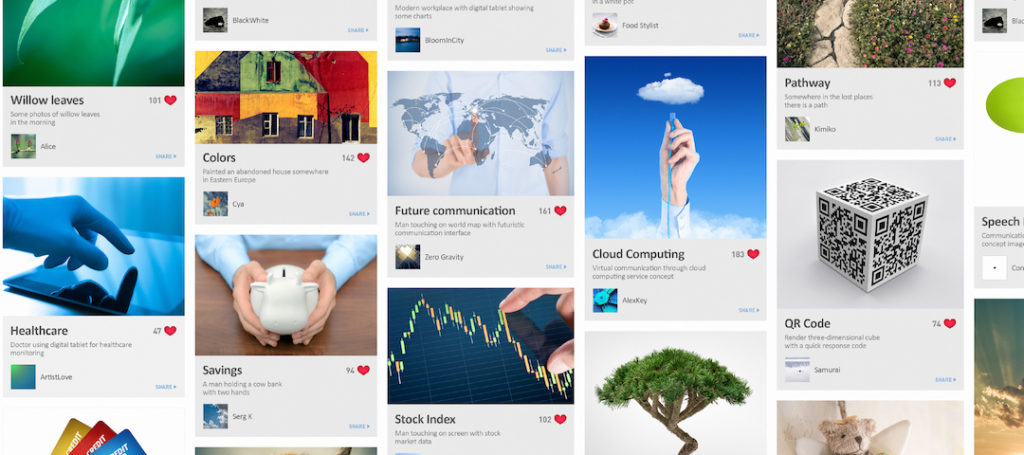How a PPC agency can make the case for PPC advertising
The world of digital marketing moves so fast that it is always essential to review regularly what does and does not work. It has to be said that trends also come and go: one minute everyone is raving about a particular social media platform then, before you realise, it becomes “so last year”.
So never take anything for granted, or fall into the “we’ve always done it that way” trap. Life is too short, as they say, particularly in the ever-changing landscape of digital marketing.
One much-used aspect of digital marketing is PPC advertising. But does it still deserve a place in your digital marketing strategy? In our recent article Does Branding Still Matter? we explored the way that customer interaction and digital tribalism are becoming increasingly important in building brand loyalty. But in this increasingly agile and interactive business world is advertising still as important as before?
We believe that PPC advertising does still have a place as part of a larger multichannel strategy. It needs to dovetail with the more interactive and participate aspects of that strategy, and have the same tone, but can be invaluable in attracting interest and providing the opportunity to engage with new customers.
But if you are a marketer or PPC agency and need some additional ammunition to reinforce the importance of PPC then read through our following Five Good Reasons for PPC:
PPC achieves fast results
PPC is a very effective way of finding new sources of prospects and customers.If you just rely on organic search to drive traffic to your website it can take a very long time to establish an audience. But having an additional link on the same page – ie a PPC ad as well as the organic search result – will drive traffic to your website.
This can be invaluable in the early stages of development to give your brand both exposure and revenue and is especially critical for mobile users who tend to favour top results and paid ads. Images, infographics, and any other form of visual content also helps to increase mobile conversion rate for paid ads. Carefully crafted ads will also ensure that traffic derived from paid clicks will capture the very audience that you are targeting.
PPC supports business goals
PPC is surprisingly flexible in terms of the goals it is able to achieve. Whether you are aiming for brand exposure, more conversions, content marketing or thought leadership PPC can be used effectively to achieve these goals. It can also be invaluable in getting people to sign up for special offers, downloads, competition entries, newsletter subscriptions or loyalty schemes.
PPC provides a wealth of data
Another wonderful thing about PPC is that it is clear and transparent in terms of tracking. Data is readily available so that you can evaluate how your campaigns are performing. You can send PPC traffic to specific landing pages and then use Google Analytics to track progress all the way to conversion. You can also then use impression, click, and conversion data for each keyword to inform SEO and content marketing strategy.
PPC enables accurate targeting on an ongoing basis
Using the above data you can use PPC to target new audiences and/or those that have already been exposed to your brand. You can use Google AdWords to test and achieve as many impressions as possible from the prospective audiences that you want. You can also evaluate which ads are performing best to ensure that you are getting the best value in terms of cost per click and cost per acquisition.
The advantage of PPC is that you remain in control at all times. For example if you are achieving positive results, you can scale up as needed, but if for any reason you want to pause the process then you can do so at any time. You are also able to edit your ads even while they are running to see the difference that small changes make: there is not a long complicated cycle to go through to do this.
PPC works well with content and other channels
As we saw above, PPC is most effective when used in the context of a multichannel digital marketing strategy. So by integrating it with SEO, content marketing, and social marketing it can achieve great things. The exact combination of these channels is up to you, and can vary from campaign to campaign.
You may decide to tie in PPC and SEO campaigns to target similar keywords. Perhaps you may also decide to craft a unique PPC landing page experience that includes informative content that makes your brand stand out from other advertisers. Or you may find that Facebook Audience Insights and Twitter’s Tailored Audiences are the ideal remarketing tools for PPC ads and enable you to reach more people who may then be interested in your content.
Experiment with different combinations to see what is the most effective for an particular campaign: but whatever works, PPC has a key role to play.
We hope that the above reasons not only help you to justify the ongoing use of PPC in your digital marketing strategy, but enable you to use it effectively in various campaigns to help achieve your desired business goals.
